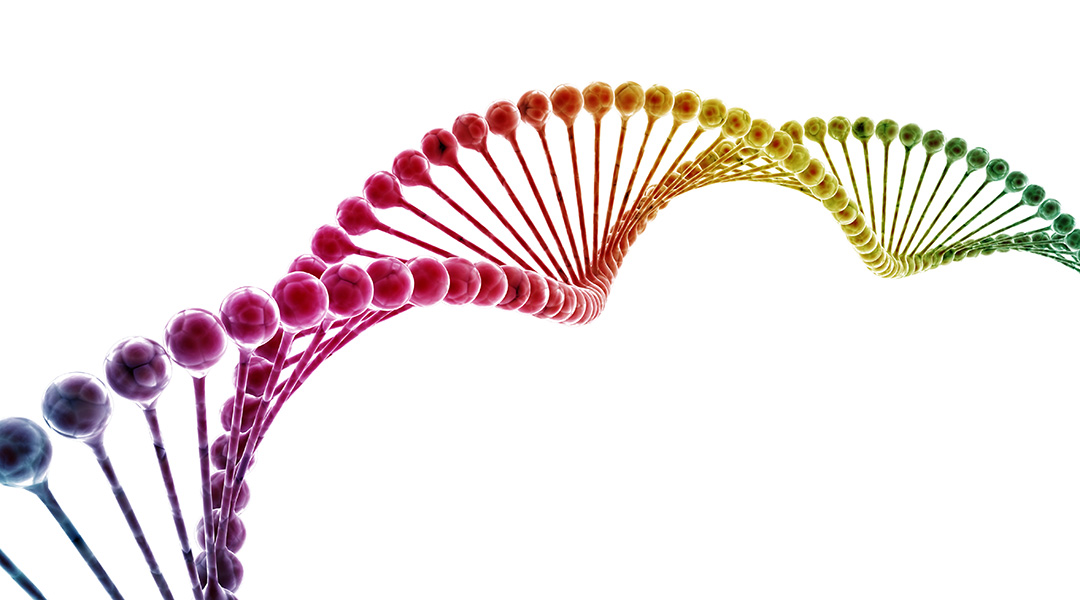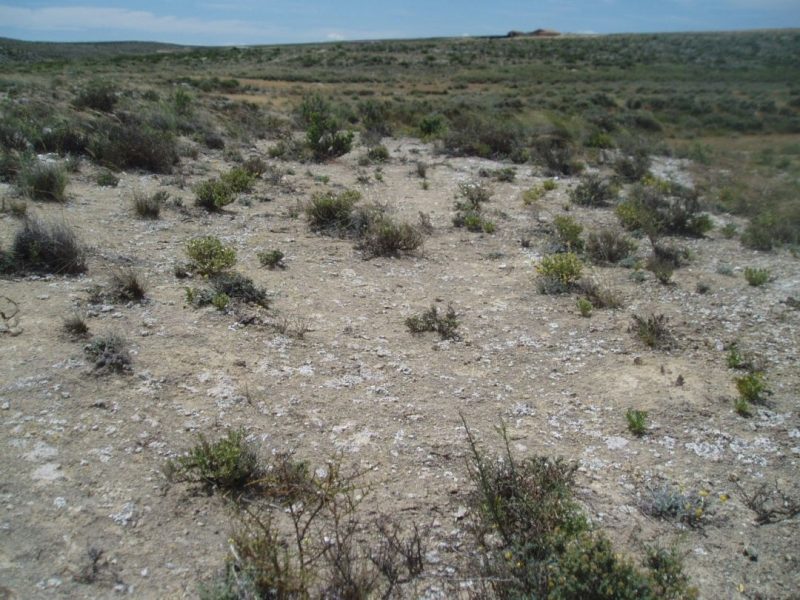Toward better climate predictions using the ocean as the atmosphere’s memory.



Toward better climate predictions using the ocean as the atmosphere’s memory.

Machine learning significantly reduces the time and cost involved in drug screening.

The current barriers of CRISPR/Cas9 delivery and promising development of nanoparticle-based approaches for precise gene editing.

Understanding how viruses protect their genome can now be accomplished using physics-based techniques.

Global water resources are increasingly becoming scarce. Many water basins are closing due to unsustainable modes of extraction and more than 800 million people still lack access to safe and sufficient drinking water. Although water is constantly moving through the...

By examining a wide selection of research works from the last two years, it was very clear that astronomers are using machine learning and AI as powerful discovery tools across a range of fields.

Recent progress in density functional theory provide new insights for chemical concepts like electrophilicity, nucleophilicity, regioselectivity, stereoselectivity, and more.

Atmospheric drying power may reinforce drought severity and intensify environmental impacts.

Researchers are increasingly interested in how a systems biology approach may be used to tackle multi-scale heart problems.

Water-management strategies in past societies tell us about urban resilience and vulnerabilities.